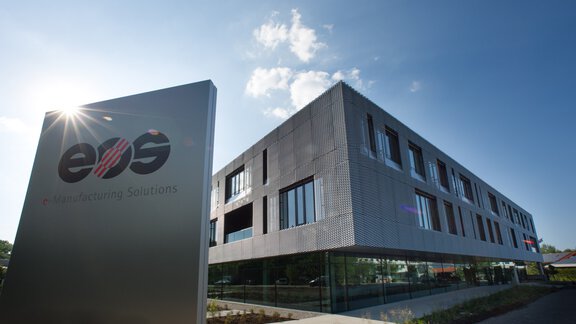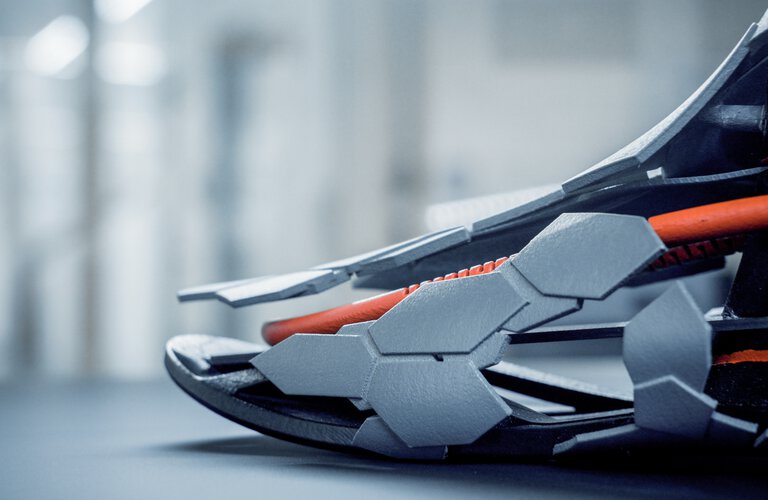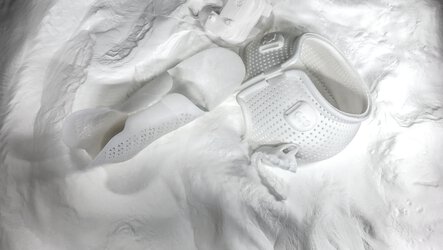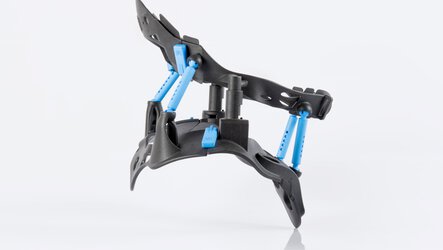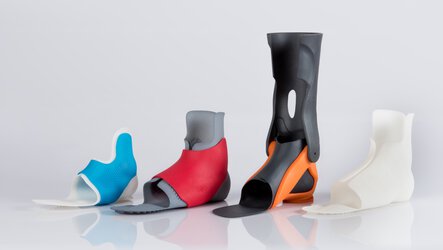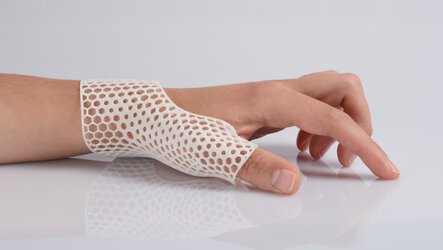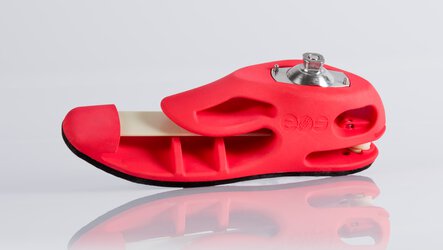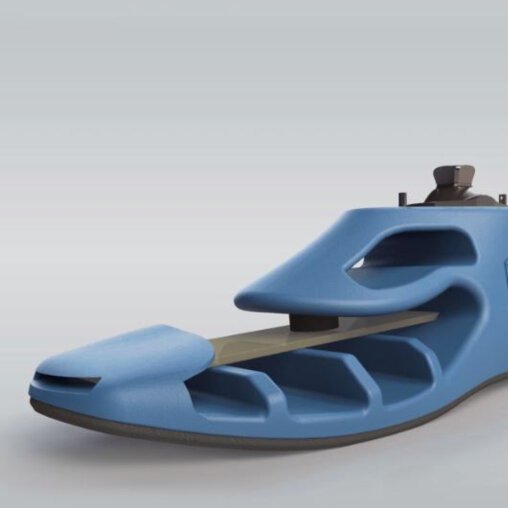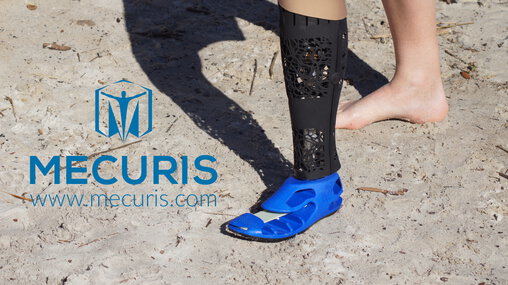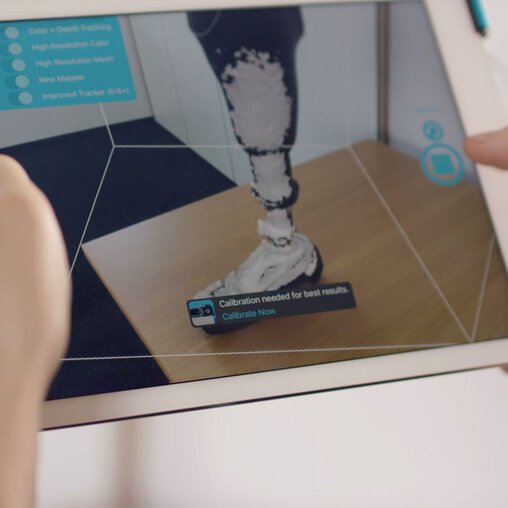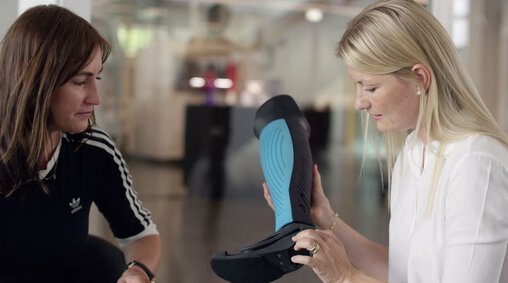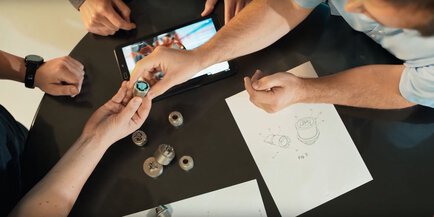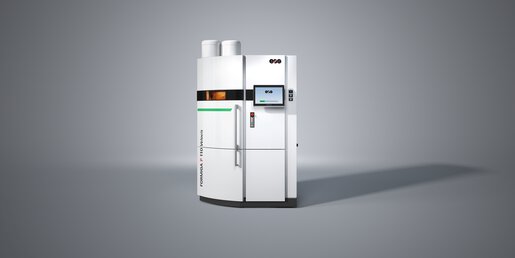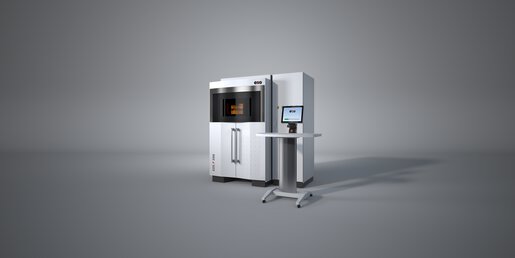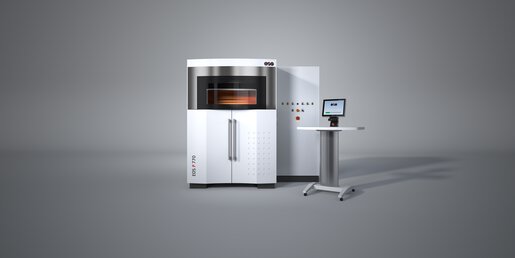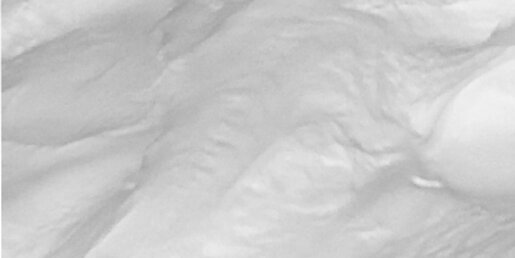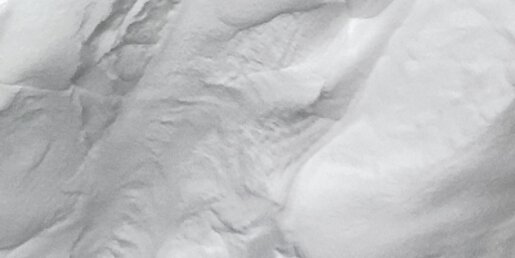3D Printing Production Prosthetics and Orthotics
We offer systems, materials and processes, software, and services – anything that you need for the 3D printing of prostheses and orthoses. With our solutions, orthopedic technicians and companies benefit from reliable data, stable processes, and decades of market experience.
Why 3D printing? With conventional manufacturing processes, the model needs to be manually adapted for each patient. The large number of steps involved means that production is expensive and time-consuming.
In terms of customization and cost-efficiency, conventional production methods like casting, molding, modeling and milling quickly reach their limits.
Additive manufacturing offers maximum benefits for patients and manufacturers. The manufacturing process is based on individual scan data for each patient, meaning that 3D-printed prostheses and orthoses are optimally tailored to the anatomy and requirements of the wearer.
Advantages of Additive Manufacturing for Orthoses and Prostheses
Mecuris offers a digital platform for patients, doctors, orthopedic workshops and medical suppliers. Using the data submitted to them, they provide contract manufacturing of 3D printed prostheses on EOS systems.
Customized prosthetic feet allow natural walking. The additive manufacturing process significantly reduces the lead time, achieves maximum comfort and enables customized design.
The British start-up company Andiamo uses EOS systems to make custom-fitting orthoses for children. Traditionally, orthoses are made from plaster impressions. This process is slow and resource-intensive and offers little room for customization.
Some patients, especially young patients who are still growing, have to undergo this procedure repeatedly. Waiting times can last up to six months – for an orthosis that might not even fit by the time it’s ready. Additive manufacturing reduces the waiting period to a minimum. Using a 3D body scan, a precise and perfectly fitting orthosis is manufactured and delivered within a week.
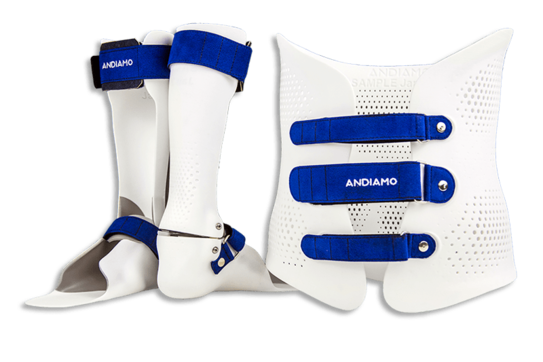
When manufacturing orthoses and prostheses tailored to the individual requirements of each patient, our polymer production unit enables companies to implement the entire production process themselves. Our materials do not contain any chemical agents and are certified as biocompatible.
Are you interested in the 3D printing of orthoses and prostheses? Book an appointment for a personal consultation now!
EOS systems are capable of manufacturing medical products. However, EOS cannot guarantee that these products will meet all requirements
